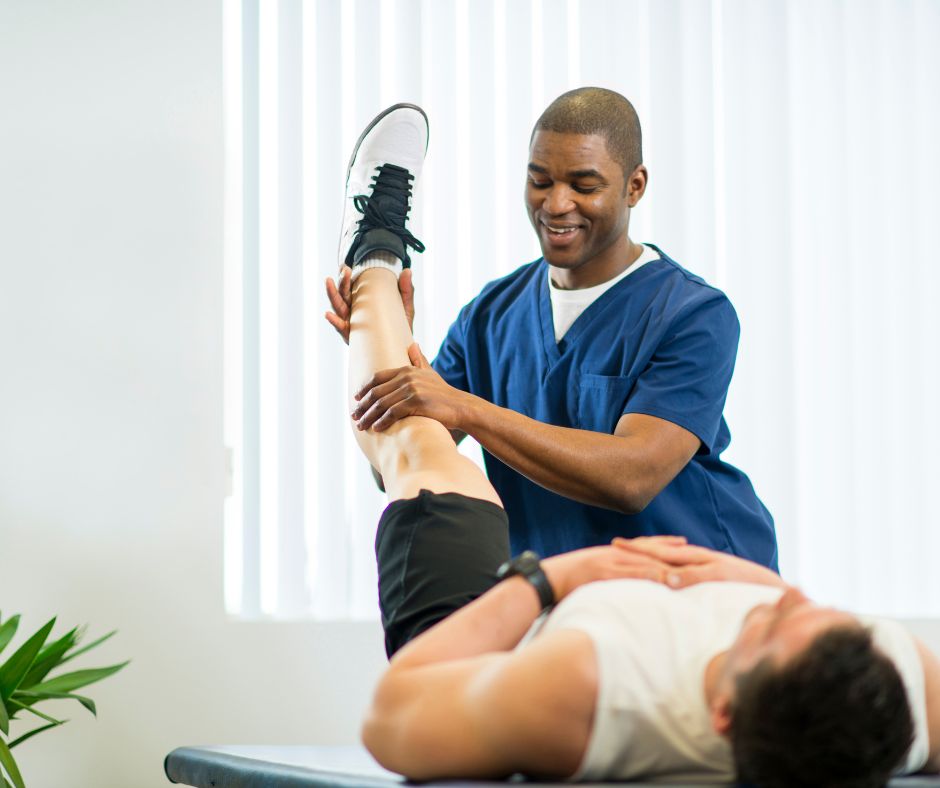Enhancing Performance and Minimizing Harm Risk via Comprehensive Assessment of Equilibrium and Stability via Practical Movement Assessment.
Enhancing Performance and Minimizing Harm Risk via Comprehensive Assessment of Equilibrium and Stability via Practical Movement Assessment.
Blog Article
Balance and stability are essential elements of bodily wellness and overall health. They play a vital role in daily activities, athletic capability, and harm avoidance. When an person has strong equilibrium and steadiness, they are not as prone to trip or incur damages during bodily exercises. One efficient way to evaluate these attributes is through Practical Motion Assessment (FMS). FMS is a method used to analyze motion styles and recognize discrepancies or deficiencies that could result to harm.
Functional Movement Screening involves a sequence of specific tests that examine how well a person moves. The tests focus on fundamental movements such as squatting, lunging, and bending. By observing these movements, trainers and healthcare experts can identify areas where an person may have difficulty. For example, if someone has trouble keeping balance while performing a squat, it may indicate a need for targeted workouts to enhance power and control. This evaluation not only detects deficiencies but also helps to monitor advancement over a period.
In addition to identifying areas for improvement, FMS serves a crucial part in preventing injuries. Many injuries occur as a consequence of inadequate movement patterns, which can be identified through functional assessments. By addressing these problems early on, people can lower their risk of injury during sports or other bodily exercises. For example, a jogger who shows an imbalance in their gait may be increasingly susceptible to leg injuries. By adjusting these imbalances through specific training programs, the chance of injury can be substantially decreased.
Furthermore, enhancing capability is another advantage great site of conducting a comprehensive assessment of equilibrium and steadiness. Athletes and active persons often seek to improve their capability in specific activities or exercises. A thorough understanding of their movement styles allows coaches to develop personalized exercise programs that focus on specific weaknesses. By enhancing equilibrium and stability, athletes can improve their total performance, whether it’s jogging more quickly, jumping higher, or performing exact movements in their activity.
In why not try this out summary, the importance of assessing equilibrium and steadiness through Functional Motion Assessment cannot be overstated. This thorough assessment serves as a foundation for enhancing physical fitness, avoiding injuries, and enhancing sporting performance. By identifying areas of deficiency and putting into action targeted exercise strategies, individuals can attain better outcomes in their physical exercises. Emphasizing equilibrium and steadiness not only leads to better capability but also contributes to a more wholesome, increasingly active way of life.